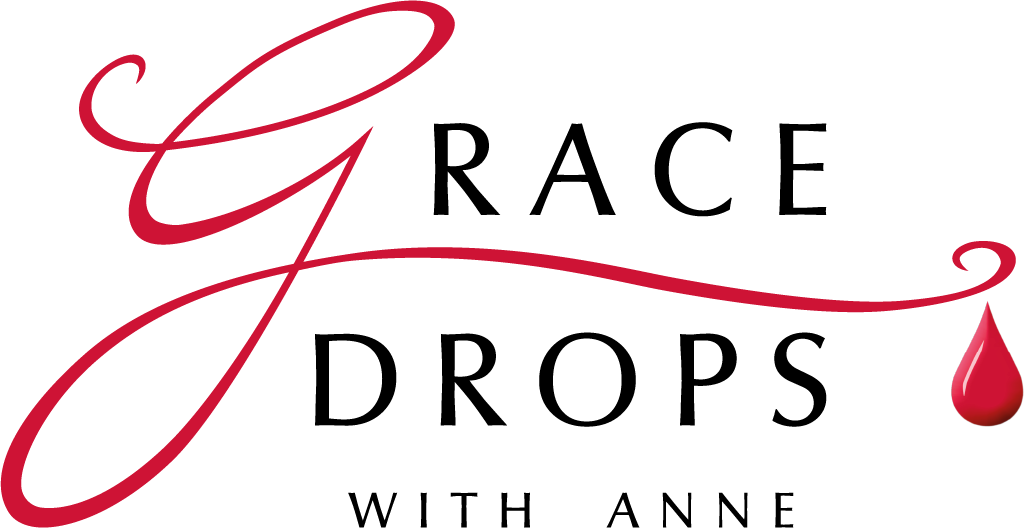There are two main words for threshold in Hebrew. One relates to an ordinary entrance: good, blessed and essentially holy. The other describes a doorway that is defiled, unholy and treacherous.
The first word, ‘kaph’, is the ordinary threshold. I introduced ‘kaph’ in session 6 and spoke briefly about it in session 8. The source of the word is the Hebrew letter ‘kaph’, which we’d call K. Both the word and the letter are spelled the same way and they originate in a picture for the palm of a hand. Sometimes you’ll also find another word, ‘saph’, translated as threshold but, strictly speaking, ‘saph’ is the shallow basin carved into the stone below the doorway that was positioned to collect blood dripping down from the lintels and doorposts.
Now, although ‘kaph’ means threshold or cornerstone, the family of words connected to it generally relate to covering and atonement. Such words include ransom or redemption, the Day of Atonement, the pitch coating Noah’s ark, the mercy-seat covering the Ark of the Covenant, the caps sitting on the heads of orthodox Jews, frost layering the landscape, even henna dyeing and decoration.
In vast contrast is ‘miphtan’, the other Hebrew word translated as threshold. Unfortunately, English translations of Scripture do not readily bring out the immensely significant differences between ‘miphtan’ and ‘kaph’ and, as a consequence, they can lead to confusion and seeming contradiction.
Zechariah 1:9 ESV speaks about the Day of the Lord as a time when He ‘will punish everyone who leaps over the threshold.’ This statement doesn’t make any sense, because God actually wants us to leap joyfully across thresholds—why on earth would He punish us for celebrating a Passover? Because to ‘pass over’ actually meant to leap over a threshold, avoiding the blood in the basin, and joining in the fine feast the host had prepared.
Only when we understand God wants us to pass over a ‘kaph’ but not a ‘miphtan’ does the verse make sense. A ‘miphtan’ is a watching post for the spirit of Python and stinks with spiritual corruption. The Hebrew name for python is actually hidden in the word ‘miphtan’.
The first time ‘miphtan’ appears in Scripture, the indicators of defilement are clearly evident. The Philistines had captured the Ark of the Covenant and put it as a trophy of war in the temple of Dagon. 1 Samuel 1:4–5 NIV explains what happened:
The following morning… there was Dagon, fallen… on the ground before the ark of the Lord! His head and hands had been broken off and were lying on the threshold; only his body remained. That is why to this day neither the priests of Dagon nor any others who enter Dagon’s temple at Ashdod step on the threshold.
Both times, threshold as used here is ‘miphtan’. All too often we think, just because we’re believers, the threshold into our calling will be secure and undefiled. That is simply naïvety.
This is Grace Drops; I’m Anne Hamilton. May Jesus, Lord of all thresholds, watch over you today.
Thank you to Lorna Skinner of www.riversofmusic.co.uk for the background music.


How do avoid entering through the wrong one ? Is this explaining that we will all face this at the Precipice of our call? I am expierencing alot of retaliation and warfare walking in and toward my calling in a deeper way. I’d like deeper help on this in explaining….plz. what are our solutions
Hello Jessie, when it comes to retaliation, the issue is generally dishonour of some kind. It can be that we’ve dishonoured others or that we’ve dishonoured a spirit or dishonoured God or come into agreement with the dishonour others have heaped on us. Whatever it is, it’s important to repent of this dishonour.
How I am a new follower of grace drops and I find your study and words way beyond understanding. I love how you spiritually explain things and I am asking the Holy Spirit to help me to grasp the essence of every word. I am glad I stumbled on your and your teachings. From the above I tried to find out the meanings of Miphtan and Kaph but I am no we’re able to find how these two words mean threshold and one being good and the other being the sticking/ defiled threshold. While Miphtan defines as threshold how do you refer it as defiled and Kaph is defined as palm of the hand so how does it relate to threshold. If u have time please do explain or let me know any session of your that can explain this. Thank you so much I love your explanations and learning a new level of spiritual understanding.
Hi Raj, in Strong’s concordance, you will only find miphtan as “threshold” and “kaph” as palm or as part of other words to do with cornerstones. To make the distinction that one is defiled and one is not, it’s necessary to look at all the instances where the words occur. Zephaniah 1:9 doesn’t make any sense unless there is some difference between a miphtan and a kaph – one has to be “bad” and one “good”. The first use of miphtan is in regard to the threshold in Dagon’s temple and the “principle of first use” is useful to apply here. Since Dagon’s temple has a defiled threshold, it suggests that mipthan is to be used that way. In most instances where it is used (see https://biblehub.com/hebrew/4670.htm), there is clear defilement.